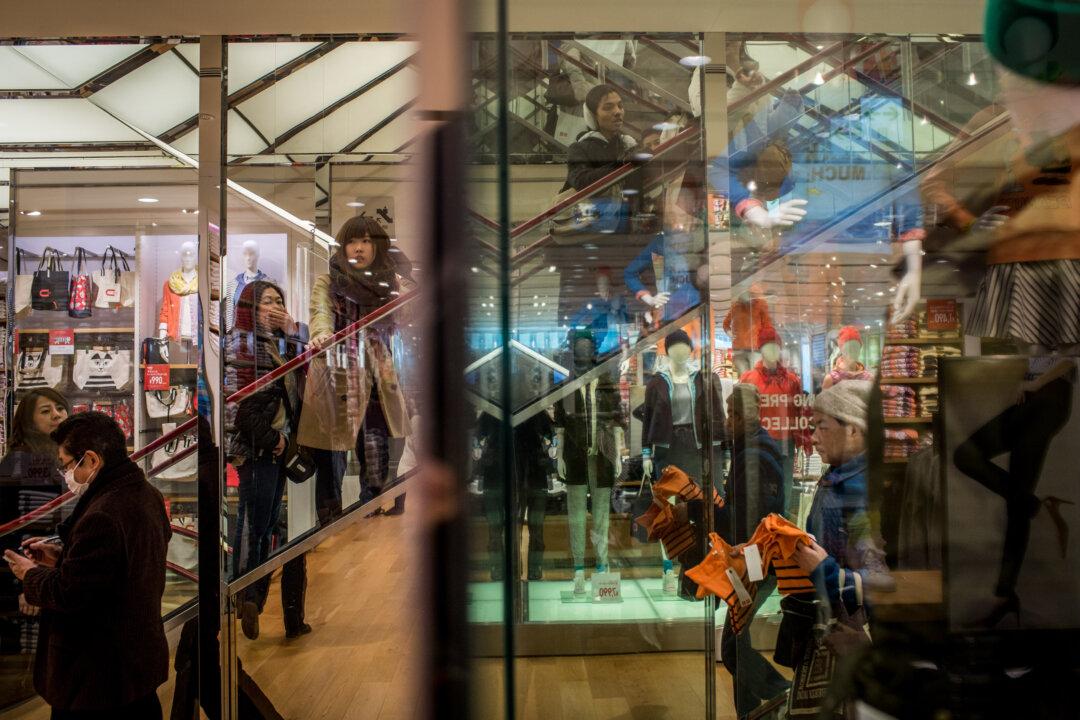For a growing number of Chinese, travelling abroad isn’t just about seeing sights, studying, or finding work, but finding good shopping deals. Aside from prices, improved quality and safety of Western goods is a strong motivating factor in the recent trend.
Chinese buyers are not only crazy about luxury goods such as brand purses and watches, other daily necessities such as cosmetic goods, electronic goods, health supplements and so on have also become hot items on many Chinese shopping lists.
Chinese media recently republished a blog post by “Xinluduwu,” a Chinese man living in the United States. His friend from mainland China purchased so many health supplements from Costco that he nearly emptied the store of its entire stock.
According to the post, Xinluduwu’s companion bought crates of vitamins, calcium, fish oil, triple flex, children’s allergy drugs, melatonin, and so on to take back to China as gifts for family members.
In surprise, the Costco cashier staff asked, “How many years does it take him to eat all the supplements?... Doesn’t China have these?”
Not only the prices of the health supplement are much cheaper in the U.S. and particularly at Costco, Xinluduwu’s post said, an even greater motivation for his friend’s buying spree is that the quality and safety of American health supplements are far more dependable than that of goods sold in China.




